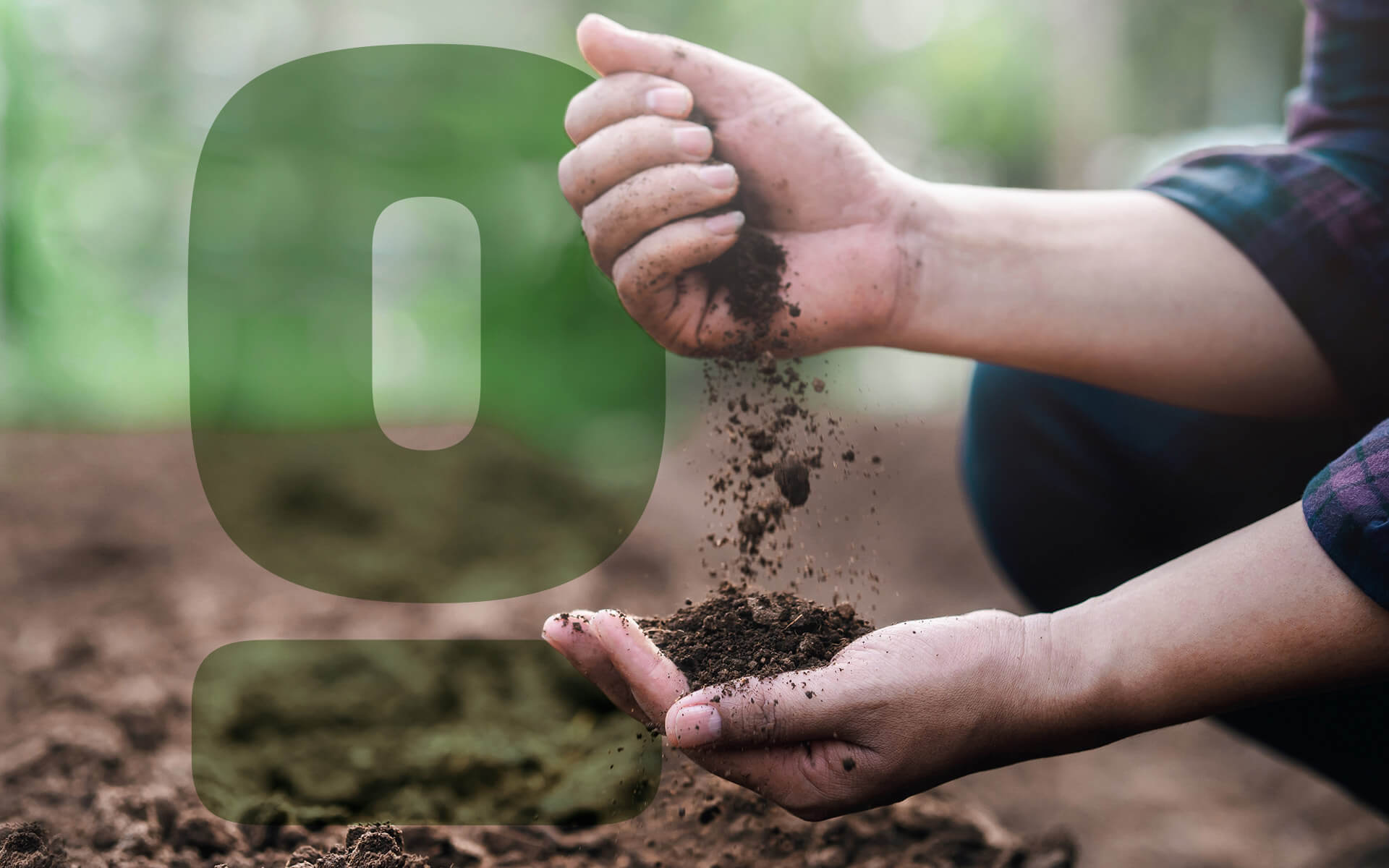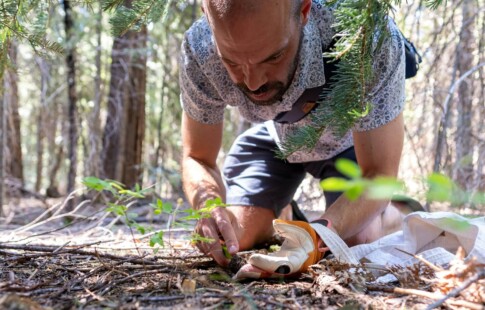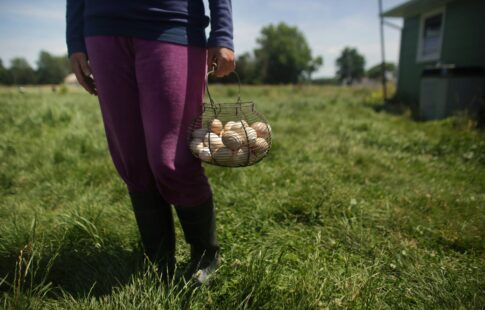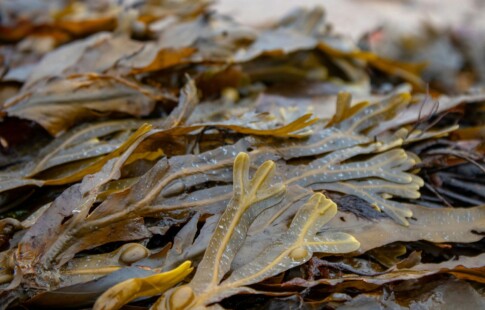
Spring Organic Garden Prep: 6 Tips for Success
We are reader-supported. When you buy through links on our site, we may earn affiliate commission.
You might still have snow blanketing parts of your neighborhood grocery parking lot, but spring is on the way. It’s time to get to work on your organic garden. What should you do to promote a plentiful harvest? Here are six tips for preparing your spring organic garden.
1. Save Those Seeds
What should you plant? Why not begin with what you and your family consume every week? Some veggies, like carrots, take more than one year to sprout seeds, but others have their goodness inside, ready to pick. You probably plunk it in the garbage or feel virtuous about composting — why not save them instead?
Some species, like tomatoes and peppers, do best if you let the seeds out to dry for two weeks before planting them. Others, like beans, can dry out right in the pod, making a shaking or rattling sound until you’re ready to plant them. Otherwise, you can keep your saved seeds in clearly labeled and sealed glass jars until it’s time for planting.
2. Compost
Composting saves you a small fortune at the nursery. Plus, you spare the environment the dangers of chemical fertilizer runoff by replicating mother nature’s process for revitalizing the soil.
You can construct a compost bin on nearly any budget. Many local hardware stores give away wooden pallets for free and you can use them to build your backyard bin. Smaller gardeners with balcony container crops might get away with a spare plastic container.
The trickiest part is learning what you should and should not include. In general, plant-based organic materials are okay. That includes things such as unbleached tea bags and coffee liners. However, you should never place meat droppings or animal waste inside, as germs can proliferate, contaminating your soil.
3. Prepare Your Beds
You can begin preparing your spring organic garden beds as soon as the last frost passes. Your first order of business is to aerate and clean up any debris left behind by winter storms.
Now is also the time to remove any dead or diseased plants. You can add them to your compost pile, and rest assured they will play their role in the ongoing circle of life. You can also thin any perennials that have grown crowded.
4. Practice Companion Planting
You do better in life with a partner by your side. Plants might have biological differences, but they also do best when working together.
Growing certain plants together encourages a heartier harvest and fewer pests, even without pesticides. For example, consider the “three sisters” often planted by Native Americans — maize, climbing beans and winter squash. The corns provided a stem for the beans to climb, while the wide-spreading squash leaves shelter the ground from extreme heat and pests.
5. Reduce Your Water Use
You might be able to significantly reduce your water use, depending on where you live. Some jurisdictions criminalize saving rainwater, but others have no rules about setting out a barrel. If yours doesn’t prohibit this activity, take advantage.
Another way to reduce water use is through xeriscaping. This landscaping abounds in the desert southwest, where grass is best left for golf courses. It involves planting native vegetation that doesn’t require excess water or fertilizer to thrive. A bonus? Doing your entire landscape this way can give you back your weekend. Who wants to spend all day Saturday pushing a mower when they could stroll through manicured and easy-to-maintain gardens?
6. Keep Pest Control Green
It’s no secret that chemical pesticides aren’t friendly to the environment. As much as you might dislike insect pests, they are vital to the ecosystem. Unfortunately, their biodiversity is disappearing at a rate of 1% to 2% per year, a development that could have untold consequences for humans and the planet.
Instead, opt for non-toxic pest control methods. A simple dish soap and water solution is enough to deter aphids without harming your prize rose bushes. Seaweed mulch or spray is glorious for repelling slugs and providing essential minerals like magnesium that help your plants grow. And for mercy’s sake, don’t hurt that garden snake — they’re your friends for devouring grasshoppers and other insect pests.
Preparing Your Spring Organic Garden
Winter might seem like it is never going to end. However, spring is right around the corner. One of the best ways to prepare is to get out in your garden.
Even if you still have snow, you can save your seeds and get your composting game on point. Follow the six tips above for preparing your spring organic garden.
Share on
Like what you read? Join other Environment.co readers!
Get the latest updates on our planet by subscribing to the Environment.co newsletter!
About the author
Grace Waters
Always inspired by the natural world around her, Grace grew up exploring tide pools and hiking mountain trails, developing a deep appreciation for biodiversity and conservation. Now, Grace works as the Senior Editor of Environment.co where she covers topics related to emerging clean technologies, zero-waste initiatives, and the intersection of environmental policy and everyday living.





